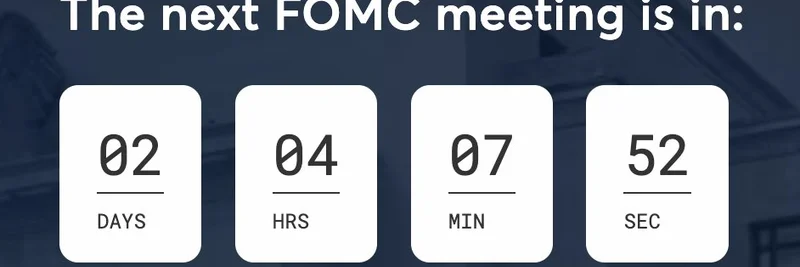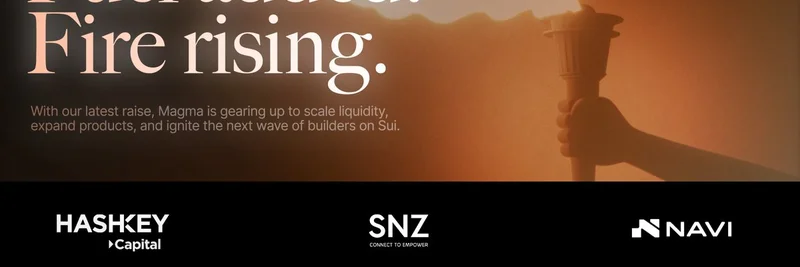Ever wondered why chasing that golden retirement dream feels like running on a treadmill? In a recent episode of the When Shift Happens podcast, hosted by MR SHIFT (@KevinWSHPod), Jordi Alexander, founder and CIO of Selini Capital (@gametheorizing), drops some eye-opening truths about building wealth in an AI-driven world. Shared via this X post, the discussion dives into why concepts like retirement are outdated, how crypto serves as a powerhouse hedge, and even touches on the wild world of meme tokens as part of altcoin speculation.
Jordi kicks things off by challenging the idea of retirement as we know it. In simple terms, retirement assumes you save up a nest egg in fiat currency—like dollars or euros—and live off it without working. But with AI accelerating productivity and fiat money losing value through inflation (what Jordi calls "dilution"), that nest egg shrinks faster than you think. Imagine stashing $100 million in cash; at a 15% annual dilution rate, you're effectively losing tens of millions in purchasing power over just a few years. This isn't sci-fi—it's happening now due to government printing and economic shifts.
Crypto steps in as the "cleanest hedge" against this mess. Jordi emphasizes Bitcoin as a base asset: it's scarce (only 21 million ever), decentralized, and resistant to the whims of central banks. Unlike stocks, which he sees as volatile and unlikely to consistently beat inflation (even the NASDAQ's 17% annualized returns might not hold), Bitcoin offers a way to preserve and grow wealth. He predicts a 5-10x growth in Bitcoin's value over the next five years on a fiat basis, driven by institutional adoption like ETFs and sovereign wealth funds dipping in.
But what about meme tokens? Jordi doesn't shy away from the speculative side of crypto. He describes altcoin cycles—including meme coins—as "liquidity cycles" where hype and gambling drive short-term booms. Think of meme tokens like Dogecoin or newer Solana-based ones as casino chips: they're fun for quick gains but often lead to losses for most players. Jordi warns that while a small percentage of your portfolio in high-risk plays can yield outsized rewards, the majority chase dopamine hits rather than real strategy. It's PvP (player vs. player)—zero-sum games where winners feast on losers' mistakes. For meme token enthusiasts, this means treating them as tools for speculation, not long-term holds, and always "stabling out" (converting to stablecoins like USDC) to lock in gains.
One standout takeaway: in an AI world, being "economically productive" trumps everything. AI will automate jobs, but skills in emerging tech, judgment, and social dynamics will command premium value. Jordi shares how he escaped "survival mode"—that draining state where you're just scraping by—by front-loading hard work and building scalable systems. For blockchain practitioners eyeing meme tokens, this means focusing on value creation over endless gambling. Spot inefficiencies in the market, like overhyped projects getting funded while solid ones lag, and position yourself accordingly.
Jordi also stresses ego deconstruction for clear judgment. Many in crypto sabotage themselves with insecurities or addictions to risk. His advice? Reflect on fears, build a solid mental foundation, and learn from credible voices to avoid following charlatans promising quick riches.
If you're into meme tokens, this episode is a wake-up call: they're part of the altcoin frenzy, but without strategy, they're a path to "financial death wishes." Instead, stack Bitcoin as your core, dabble smartly in memes for acceleration, and prioritize skills that AI can't easily replace.
For the full episode, check it out on YouTube. Follow @KevinWSHPod for more credible crypto convos, and dive into our knowledge base at meme-insider.com for the latest on meme token trends and blockchain tech. What's your take on retirement in the AI age—pipe dream or evolving reality? Drop your thoughts below!


